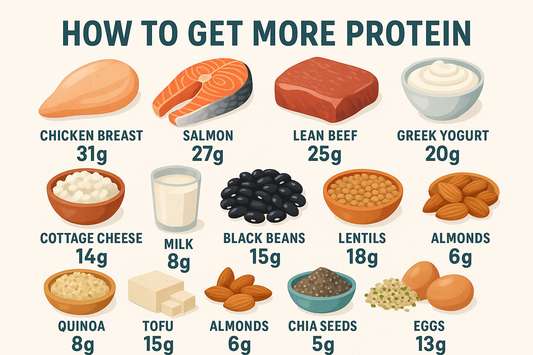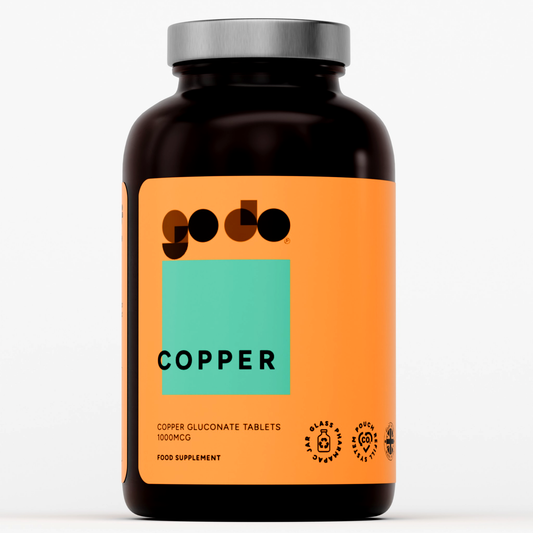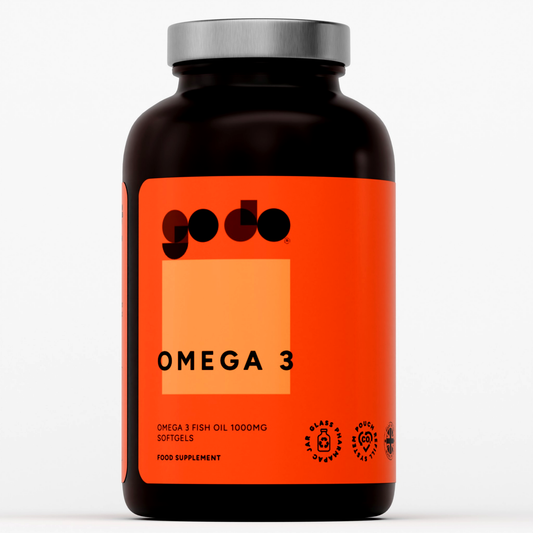
Whether you want to put more oomph in your exercise sessions or are simply trying to give your body enough energy to even show up to your workouts in the first place, you may be considering taking a caffeine pill before you sweat it up. However, since research seems to have such a love-hate relationship with this particular substance, it often prompts a lot of questions regarding whether it’s a good option or not.
According to Dr. Robert Wildman, caffeine has such positive effects on performance that the World Anti-Doping Agency had at one time banned athletes from consuming it. (This restriction was subsequently lifted, due largely to the fact that many people—athlete or not—consume it on a regular basis.) Some of these effects include:
- An average of 3.3 percent improvement in endurance-related performance
- 20 percent improvement in strength and power performance
- 6 percent decrease in fatigue, or rate of perceived exertion (RPE)
While these are promising findings, like with most anything, there is such a thing as having too much caffeine. For instance, if you add pills to cups of coffee or energy drinks, you’ll likely find yourself all jittery, unable to sleep, or even struggling with heart palpitations.
Additionally, if your body gets used to taking higher doses of caffeine, then you could become addicted to it. This means that, on days when you don’t get enough, you could experience more headaches, increased food cravings, anxiety, and depression.
In the end, if you decide to take caffeine pills, you want to pay attention to how your body responds to them in order to determine if they make you feel better as you go about your workout. If they do, great. Keep taking them. If not, then maybe you need to try something else.










